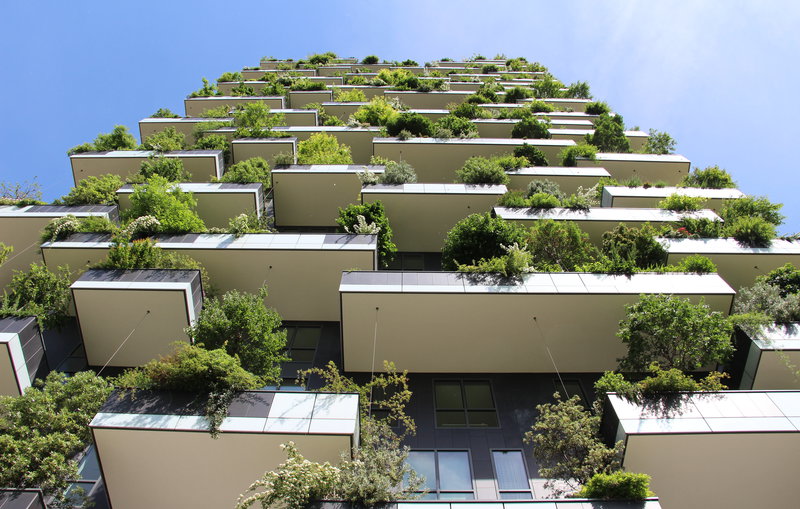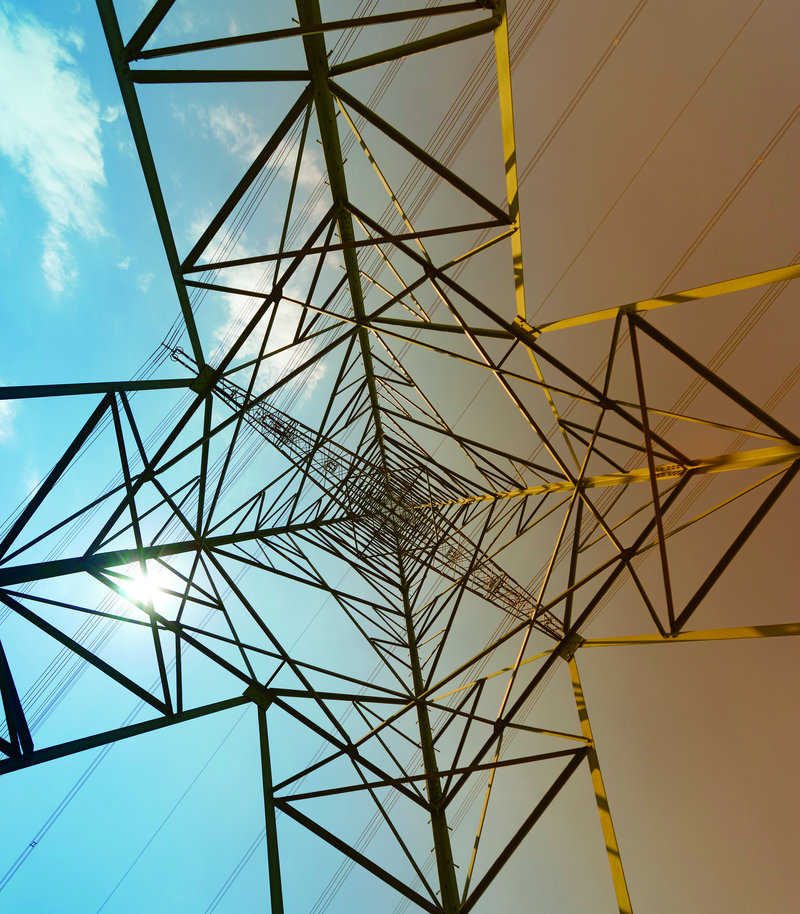Energy and social transition
An effective approach to tackling climate change over the next decade requires a radical overhaul of not only how energy is currently produced, but how it is consumed
Three out of four CO2 emissions have energy as their origin. Therefore, if we are really serious about tackling climate change and want to achieve zero emissions by 2050, we need to radically change not only how we produce energy, but also how we consume it. “This will be a key issue during the coming decade. And there will probably be a disruptive transformation, changes will not be gradual,” says Pep Sales, who holds a PhD from the UPC and is an expert in energy transition.
The first question that comes to mind when considering a reduction in CO2 emissions is: Can we still have cars but without petrol? “It?s not so much that but more not using the fuels we have available. If they really ran out, there would be no debate. The real challenge is to stop consuming fossil fuels without it actually running out. And because society has been structured in the image and likeness of fossil fuel, we find that strange,” Salas says.
We must come to understand that taking a cheap flight to spend the day in Paris is an energy luxury that we cannot afford. “In the future we will look back and think we were crazy, because this model really cannot survive and it has only been possible because we’ve had a very cheap and bountiful energy supply. It is now clear that the habit of consuming products and services across the world will have to be changed.” Indeed, energy transition goes beyond the field of technology and touches on issues of awarenesss and philosophy to change society. “We are witnessing a debate that will not only be resolved by engineers. It’s not a matter of remaining the same and just changing fossil fuels for solar energy. The challenge is to understand that this change that is to come does not necessarily have to be for the worse. We are at an early stage, in which the technological question still has far to go, but at the same time the debate on the model of consumption, growth, social organisation, transport, etc. must be addressed,” says Salas, who is the Director of Innovation and Regulation for km0 Energy and a member of CADS (the Sustainable Development Advisory Board).
With regard to the current situation, Europe is seeing a clear energy transition, and Spain is also breaking records with the introduction of renewable energies. Catalonia lags far behind, however, and a repealed decree in November has greatly restricted the deployment of green energy. “We are starting from a worse point than the Spanish state average. And none of the important projects on the table are for Catalonia. We consume 20% of the state’s energy, but don?t even receive 1% of the solar power in Spain. The gap is so wide that it can?t be explained,” Salas says.
The current energy system in Catalonia does not work, according to Salas, and new legislation is needed. If using less infrastructure does not result in lower costs, then everyone will end up buying the cheapest energy, which comes from large power plants. Therefore, we will simply be exchanging oil energy for sun energy, but not fostering a model of distributed generation: one whereby many small energy sources close to the places of consumption and connected to each other flexibly manage supply and demand. According to experts, this is the model that is needed: value needs to be awarded to nearby, and not just green, energy sources. And that means more involvement by individuals. By way of example, if large infrastructures are made to have green energy and sell it, then citizens become mere paying consumers. However, if distributed resources are used, the citizen plays an active role, not only being a consumer, but also a producer and a participant in the electricity market. As we are now seeing in Europe, the transition is not only a change in the energy mix, it is also a social transition. Until now the consumer was the individual facing the system, but now individuals are beginning to group together to make energy communities. And that is a very necessary and positive change.
If things go as planned, in the next decade we will see the Catalan nuclear power plants shut down. Beyond the issue of waste and security, which should be the priority, they will be closed for economic reasons because operating a nuclear power plant is very expensive. Right now there is an agreement to close them between 2025 and 2030, but another accident like Fukushima could accelerate their closure. However, more than 55% of the electricity consumed in Catalonia currently comes from nuclear energy. “If the nuclear plants are closed without having the renewable alternative ready, we will lose either coverage or have to burn gas, which would increase CO2 emissions,” says Salas.
“This is no trivial matter,” he adds. ?Important decisions need to be made. The investment required for the energy transition could amount to at least 10 billion.” Therefore, renewable energy will become a significant economic sector in the Catalan economy in the coming years and the right design and foresight are required.
It will take research to determine what role electricity companies will play and how the distribution network will be managed. Salas warns that everything cannot be left in the hands of the market because we the economic future of several generations of Catalans is at stake.
“The energy matrix defines the frame of mind of a country very well. There has always been a very close relationship between the social, economic and energy models. So when we talk about the energy model we are talking about the model of society we want. To leave it only in the hands of the market would be a reckless decision,” he remarks.
Another important issue, according to Pep Salas, is a fair and ethical energy transition: “How does it make sense to ban older cars to reduce emissions when you don’t take any measures on sea or air transport? Why do we take it out on the weaker segment of the population?” This is the basis for his call for equity to be the foundation of the transition. “If not, we run the risk of creating first and second-generation citizens: those who have access to an electric vehicle will live in the best possible world, but will leave the bulk of the population behind, and this is neither desirable nor acceptable. We can ill afford it as a country,” Salas concludes.
dossier Climate Change
Reduce, recycle, reuse
Mobility is also very important in the energy debate, and it is not just about replacing modern cars with electric vehicles. Electrified public transport and shared transport will have to increase. “It’s a luxury to take the car to buy bread, much more awareness is required,” insists Pep Salas. Reducing the rampant current consumerism will be essential and materials will have to be given a second life: recovery, re-use... in the world of energy, too. We will have to be able to generate green and renewable gas from slurry and waste. In countries like Catalonia, which already has a gas distribution infrastructure, this will be an important issue. In fact, sustainability will have to be decisive in everything from urbanism to tourism, architecture, infrastructure, social justice... And cities will have a fundamental role to play in all of this: by 2050, 70% of the world’s population will live in cities.





